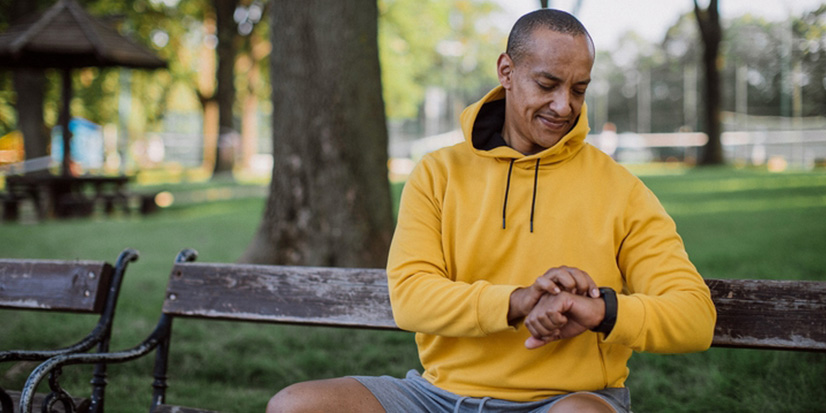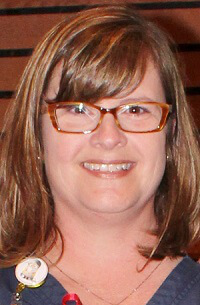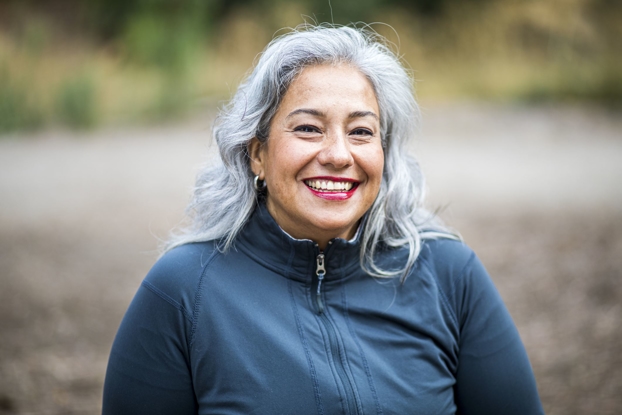Stroke: Minutes matter
- Category: Stroke, Living Well
- Posted On:
- Written By: Toni Rougeou, RN

Since the coronavirus pandemic began, doctors are seeing fewer heart attack and stroke patients seeking emergency care, suggesting that people are ignoring symptoms that would typically lead them to come into the emergency room.
May is Stroke Awareness Month, a good time to remember the importance of taking early action at the first sign and symptoms of a stroke.
Stroke is a medical emergency and is the number one cause of severe disability. A stroke happens when the blood flow that goes to an area of the brain is cut off and is deprived of oxygen. If blood supply is stopped for even a short time, brain cells begin to die.
Time is important when it comes to your brain. For every minute delay in restoring blood flow after a stroke, you could lose two million brain cells. The earlier you notice stroke symptoms, the better your chances of getting vital medical attention and recovering from a stroke.
Stroke can happen to anyone at any time, including during pandemics, and recognizing the signs and seeking treatment can be life-saving. Know that hospitals are here for you and have processes in place to keep you safe and deliver the care you need.
Signs include sudden numbness on one side of the face or body, slurred speech or the inability to walk in a straight line. The best way to recognize stroke symptoms is to remember the acronym BEFAST:
B – Sudden loss of balance; Severe dizziness
E – Sudden vision changes; Double vision or loss of vision
F – Sudden facial droop
A – Sudden weakness, numbness, or heaviness to face, arm, or leg on one side of the body
S – Sudden speech changes; slurred speech; unable to speak
T – Time – calling 911; or Terrible headache; worst headache of your life.
If you have any stroke symptoms, call 911 to be transported to the hospital right away. Don't delay and don’t try to drive yourself to the hospital.
Remember Time is Brain. Recognize and respond quickly to the first signs. To learn more about stroke care at University Medical Center, please visit umcno.org/strokecenter.

Toni Rougeou, RN, is the Stroke Program Coordinator for University Medical Center New Orleans. University Medical Center is an Advanced Primary Stroke Center with a full stroke team on call 24/7 to immediately care for patients with stroke symptoms.


